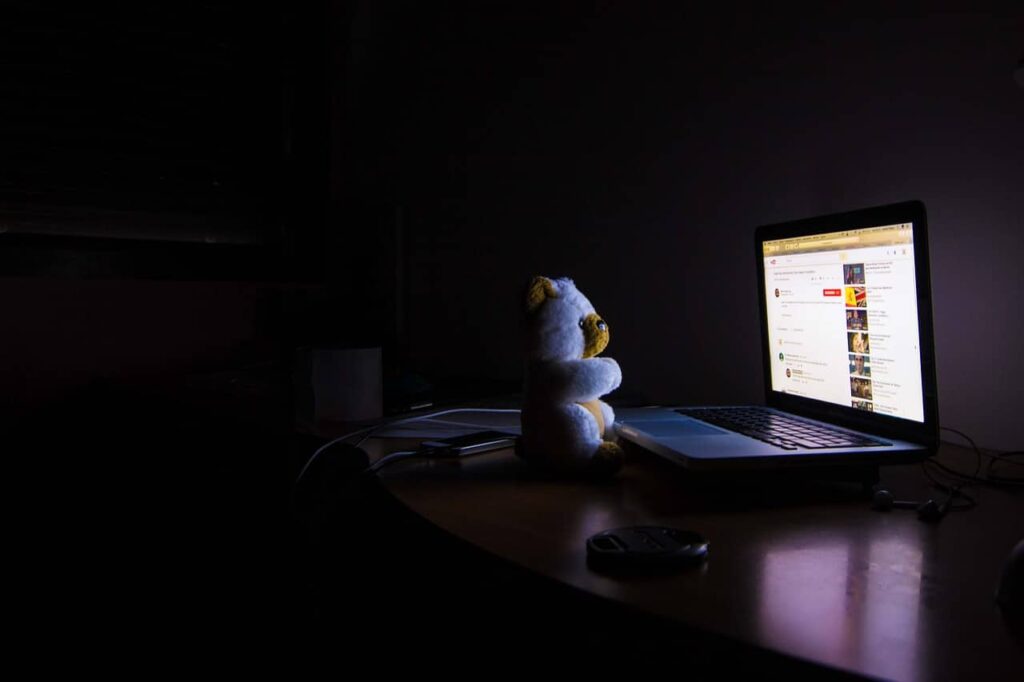Treat insomnia and other sleep disorders with acupuncture
 The CDC (Center for Disease Control) declared sleep deprivation to be a public health epidemic.
The CDC (Center for Disease Control) declared sleep deprivation to be a public health epidemic.
Think that sounds a bit extreme? Not when you consider the true impact of sleep deprivation. Chronic sleep loss takes a big toll on your body – both inside and out. We see the short terms signs of sleep deprivation manifested every morning in the mirror after a restless or sleepless night. Dull complexion. Dry skin. Bags and dark circles under our eyes.
Struggling to sleep at night is frustrating, and can lead to health problems. When you think about ways to get more zzz’s, being poked with needles probably doesn’t come to mind—but perhaps it should. Acupuncture, an ancient Chinese practice, has been linked to improved sleep and has also been shown to help treat insomnia.
Acupuncture for insomnia
Multiple studies have demonstrated acupuncture to be an effective treatment for insomnia. Acupuncture lessens anxiety, stimulates melatonin production, induces sleep onset, and reduce sleep disruption and arousal during the night. All of these effects amount to an overall increase in total sleep time. In some instances, acupuncture is used as a treatment not for insomnia itself, but for pain from other physical conditions that in turn make it difficult to fall asleep at night.
In traditional Chinese medicine, acupuncture addresses the following qi-related issues that cause insomnia:
TREATED BY ACUPUNCTURE CLASSIC CHINESE EXPLANATION
- Difficulty falling asleep | Yang qi is blocked from yin qi, so the body is unable to relax
- Interrupted sleep during the night | Heat is trapped in the body
- Waking up too early | Yin energy is blocked in the kidneys
- Vivid nightmares | Too much energy in the heart, or not enough in the liver
- Extreme insomnia | Blood issues in the spleen or liver
Not only does acupuncture help with better sleep but also can address those symptoms that are keeping you up at night and get to the root of why those symptoms are occurring in the first place. Traditional acupuncture utilizes tiny needles to access distinct points on the body to restore balance, alleviate pain, stress and anxiety, enhance sleep, and improve overall well-being. When systemic balance is restored, symptoms disappear and greater overall health is achieved. After one session, regardless of what you are being treated for, many notice better sleep that same night, reduced stress, and a feeling of calm and well-being.
Risk Factors For Insomnia
Anyone can and will have an occasional sleepless night, but on average 30 percent of adults report having short terms bouts of insomnia. Most people will toss and turn for a night or two and get back on track after a few days. Others aren’t so lucky. Ten percent of adults suffer from chronic insomnia lasting months or even years. For those who suffer from chronic insomnia, the issue is threatening to their overall health and well being. Your risk for insomnia is greater if:
- You’re a woman – any age
- You’re over the age of 60
- You have a mental or physical health condition
- You’re under a lot of stress daily
- You don’t have a regular schedule
- Symptoms of Insomnia
The American Sleep Association estimates that 50-70 million US adults have some form of sleep disorder. The most common sleep disorder is insomnia, which is characterized by trouble falling asleep and staying asleep. Insomnia symptoms may include:
- Difficulty falling asleep at night
- Waking frequently during the night
- Waking too early and can’t fall back asleep
- Feeling tired even after a night’s sleep
- Daytime tiredness, drowsiness or sleepiness
- Irritability, depression or anxiety
- Difficulty focusing on tasks or memory loss
- Increased mistakes and risk for accidents
Each of these particular types of insomnia indicates a unique energy imbalance in Chinese medicine unlike any of the others. No one type of insomnia will ever be treated in exactly the same way during acupuncture, each is related to a particular imbalance.
Insomnia symptoms are not cured with one trip to the acupuncturist. Fact is your practitioner will likely advise you to return for subsequent therapies a few times a week over the course of a period of time, depending upon the nature of your insomnia. Many patients report a calmness and relaxation they’ve not experienced in a long time while in an acupuncture session and others report an almost involuntary release of emotions.
Contact Us For More Information
For more information about how acupuncture, massage therapy and other alternative healing treatments can help you, please contact the Urban Acupuncture Center Board Certified Licensed Acupuncturist’s team at Indianola Ave, Clintonville (614) 725-2488 | Main St, Westerville (614) 426-4406 or click here. Taking new patients in and around greater Columbus, Ohio.
